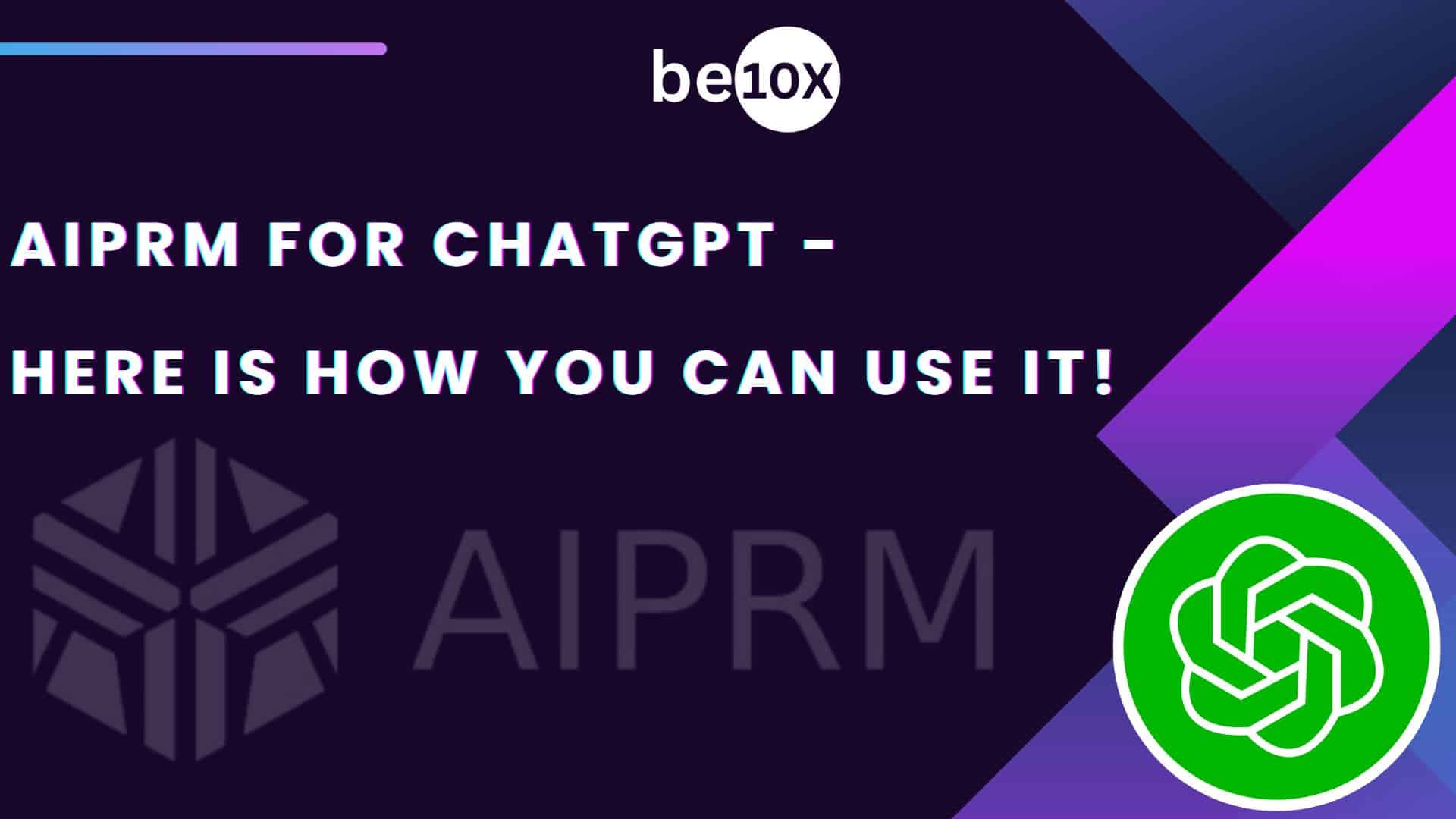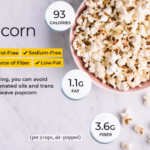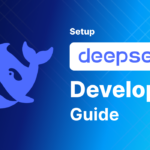In today’s rapidly evolving digital landscape, artificial intelligence (AI) has become a cornerstone in revolutionizing the healthcare industry. From optimizing patient care to analyzing massive volumes of data, AI-powered solutions are paving the way for innovative breakthroughs. AIPRM prompts have emerged as indispensable tools for harnessing the potential of AI in healthcare data analysis. By leveraging these prompts, organizations can achieve unprecedented levels of accuracy, efficiency, and insight.
What Are AIPRM Prompts?
AIPRM (AI Prompt Repository and Management) prompts are structured, pre-defined inputs that guide AI models, such as ChatGPT, to perform specific tasks effectively. These prompts help healthcare professionals and data analysts optimize AI-powered solutions for complex data challenges. By tailoring prompts to address specific needs, organizations can unlock deeper insights and drive actionable outcomes.
The Importance of AI in Healthcare Data Analysis
Healthcare generates enormous amounts of data daily. This includes electronic health records (EHRs), imaging data, genomic sequences, and real-time patient monitoring. Analyzing such vast datasets manually is nearly impossible. AI-powered tools bridge this gap by:
- Automating repetitive tasks: streamlining administrative processes, such as data entry and scheduling.
- Enhancing predictive analytics: identifying potential health risks and recommending preventive measures.
- Improving diagnostic accuracy: assisting healthcare providers in detecting diseases through imaging and pattern recognition.
Key Benefits of AIPRM Prompts in Healthcare Data Analysis
AIPRM prompts play a pivotal role in harnessing AI’s full potential. Here are the core advantages:
- Enhanced Data Interpretation
- AIPRM prompts help AI models understand the nuances of healthcare data. By fine-tuning these prompts, analysts can derive more accurate and meaningful insights.
- Streamlined Workflow Automation
- AI-driven automation powered by AIPRM prompts reduces human error and increases productivity. Routine tasks, such as patient record updates and billing, can be handled seamlessly.
- Scalable Solutions
- Tailored prompts enable scalability, allowing AI systems to process large datasets efficiently, regardless of volume or complexity.
- Customized Patient Care
- By analyzing patient history and real-time data, AIPRM prompts empower AI tools to deliver personalized treatment recommendations.
Applications of AIPRM Prompts in Healthcare
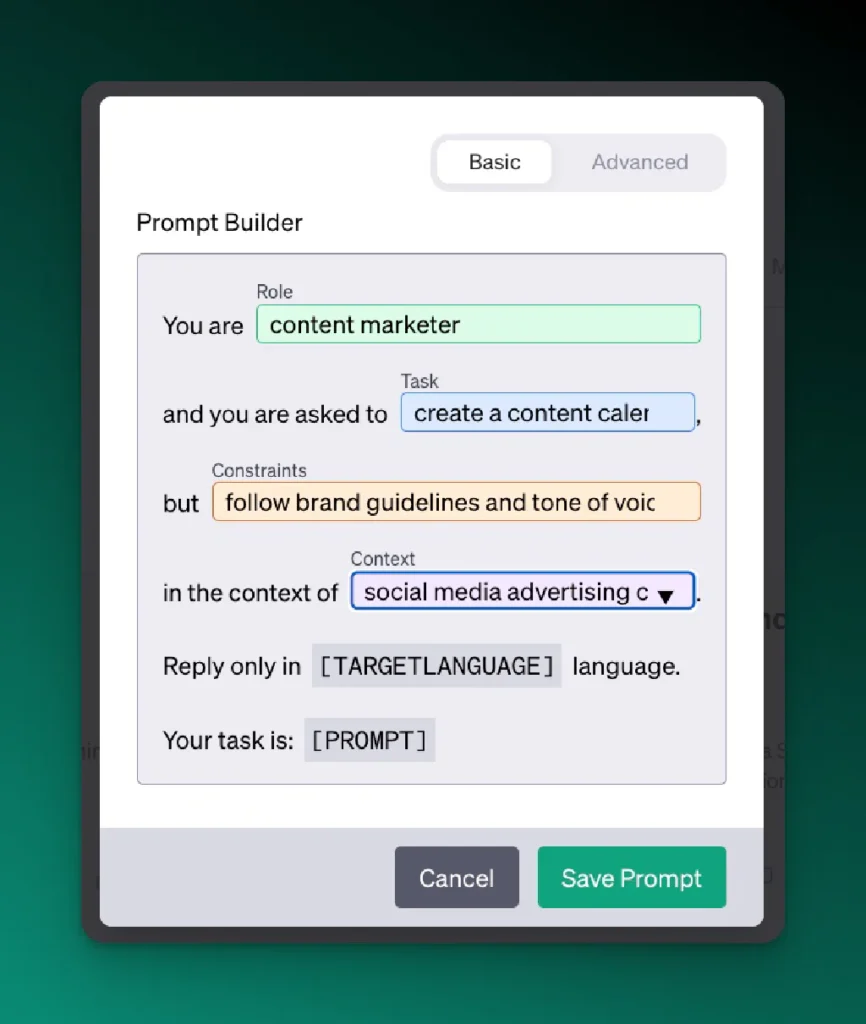
1. Predictive Analytics for Patient Outcomes
AIPRM prompts enable AI models to analyze historical patient data and predict outcomes with remarkable accuracy. For instance:
- Identifying patients at risk of developing chronic conditions.
- Forecasting disease progression based on lifestyle and genetic factors.
- Recommending targeted intervention strategies to improve health outcomes.
2. Medical Imaging and Diagnostics
Advanced AIPRM prompts guide AI tools in analyzing medical images, such as X-rays, MRIs, and CT scans. These prompts:
- Enhance image recognition accuracy.
- Detect anomalies such as tumors or fractures.
- Assist radiologists in making precise diagnoses.
3. Drug Discovery and Development
The pharmaceutical industry leverages AIPRM prompts to accelerate drug discovery. By analyzing molecular structures and clinical trial data, AI systems can:
- Identify potential drug candidates.
- Predict drug efficacy and side effects.
- Optimize trial designs for faster approvals.
4. Real-Time Patient Monitoring
Wearable devices and IoT sensors generate continuous streams of health data. AIPRM prompts facilitate real-time analysis of these datasets, allowing AI systems to:
- Detect irregularities, such as arrhythmias or sudden drops in oxygen levels.
- Alert healthcare providers in emergencies.
- Provide actionable insights for remote patient care.
5. Natural Language Processing in EHRs
AIPRM prompts optimize AI-powered Natural Language Processing (NLP) tools, enabling efficient extraction of valuable information from unstructured EHR data. These applications include:
- Summarizing patient records.
- Identifying key trends in patient history.
- Enhancing interoperability across healthcare systems.
Crafting Effective AIPRM Prompts for Healthcare
Creating impactful AIPRM prompts requires a deep understanding of the healthcare domain and the AI model’s capabilities. Here are some best practices:
- Be specific: Define clear objectives and provide detailed context to guide the AI.
- Use domain-specific language: Incorporate medical terminology to improve relevance.
- Iterate and refine: Continuously test and adjust prompts to achieve optimal performance.
- Focus on ethical considerations: Ensure prompts align with privacy standards and regulatory requirements.
Challenges and Solutions in Using AIPRM Prompts
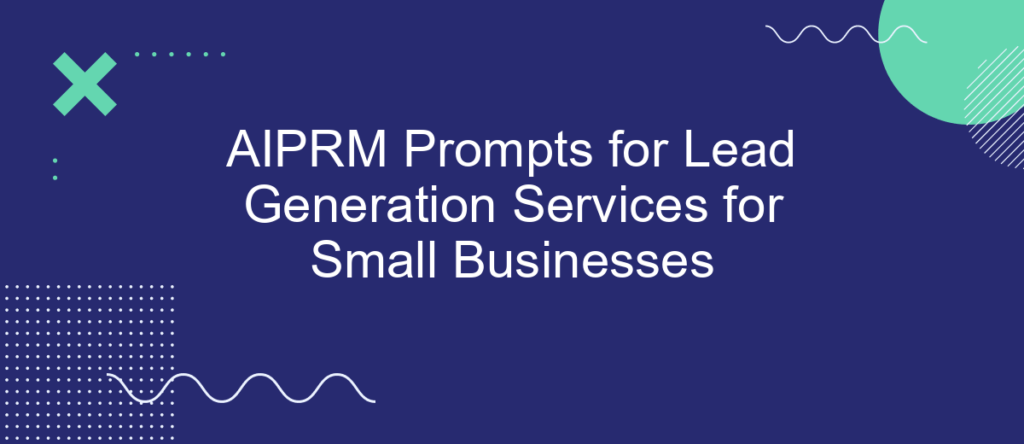
Despite their benefits, AIPRM prompts face certain challenges: AI-Powered Healthcare Data Analysis
1. Data Privacy Concerns
Healthcare data is highly sensitive. To address this, organizations must:
- Implement robust encryption techniques.
- Use anonymized datasets for training AI models.
2. Bias in AI Models
Bias can lead to inaccurate or unfair outcomes. Mitigation strategies include:
- Diversifying training datasets.
- Regularly auditing AI models for fairness.
3. Integration with Legacy Systems
Seamlessly incorporating AI tools into existing healthcare infrastructures requires: AI-Powered Healthcare Data Analysis
- Developing interoperable solutions.
- Providing comprehensive staff training.
The Future of AIPRM Prompts in Healthcare
As AI technology advances, AIPRM prompts will continue to evolve, unlocking new possibilities in healthcare data analysis. Emerging trends include:
- AI-powered genomics: tailoring treatments based on genetic profiles.
- Advanced predictive analytics: anticipating disease outbreaks and managing public health responses.
- AI in mental health: Providing real-time support through chatbots and virtual assistants.
Conclusion
AIPRM prompts are transforming healthcare data analysis, enabling organizations to harness the power of AI effectively. By optimizing workflows, enhancing diagnostic accuracy, and personalizing patient care, these prompts are shaping the future of the healthcare industry. As we continue to refine and expand their capabilities, the potential for innovation remains limitless.
